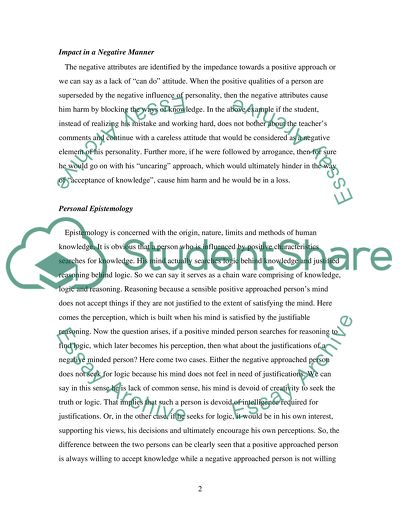Cite this document
(Personal Epistemology: What Represents a Personality Essay, n.d.)
Personal Epistemology: What Represents a Personality Essay. https://studentshare.org/philosophy/1515863-philosophy-what-represents-a-personality
Personal Epistemology: What Represents a Personality Essay. https://studentshare.org/philosophy/1515863-philosophy-what-represents-a-personality
(Personal Epistemology: What Represents a Personality Essay)
Personal Epistemology: What Represents a Personality Essay. https://studentshare.org/philosophy/1515863-philosophy-what-represents-a-personality.
Personal Epistemology: What Represents a Personality Essay. https://studentshare.org/philosophy/1515863-philosophy-what-represents-a-personality.
“Personal Epistemology: What Represents a Personality Essay”. https://studentshare.org/philosophy/1515863-philosophy-what-represents-a-personality.


